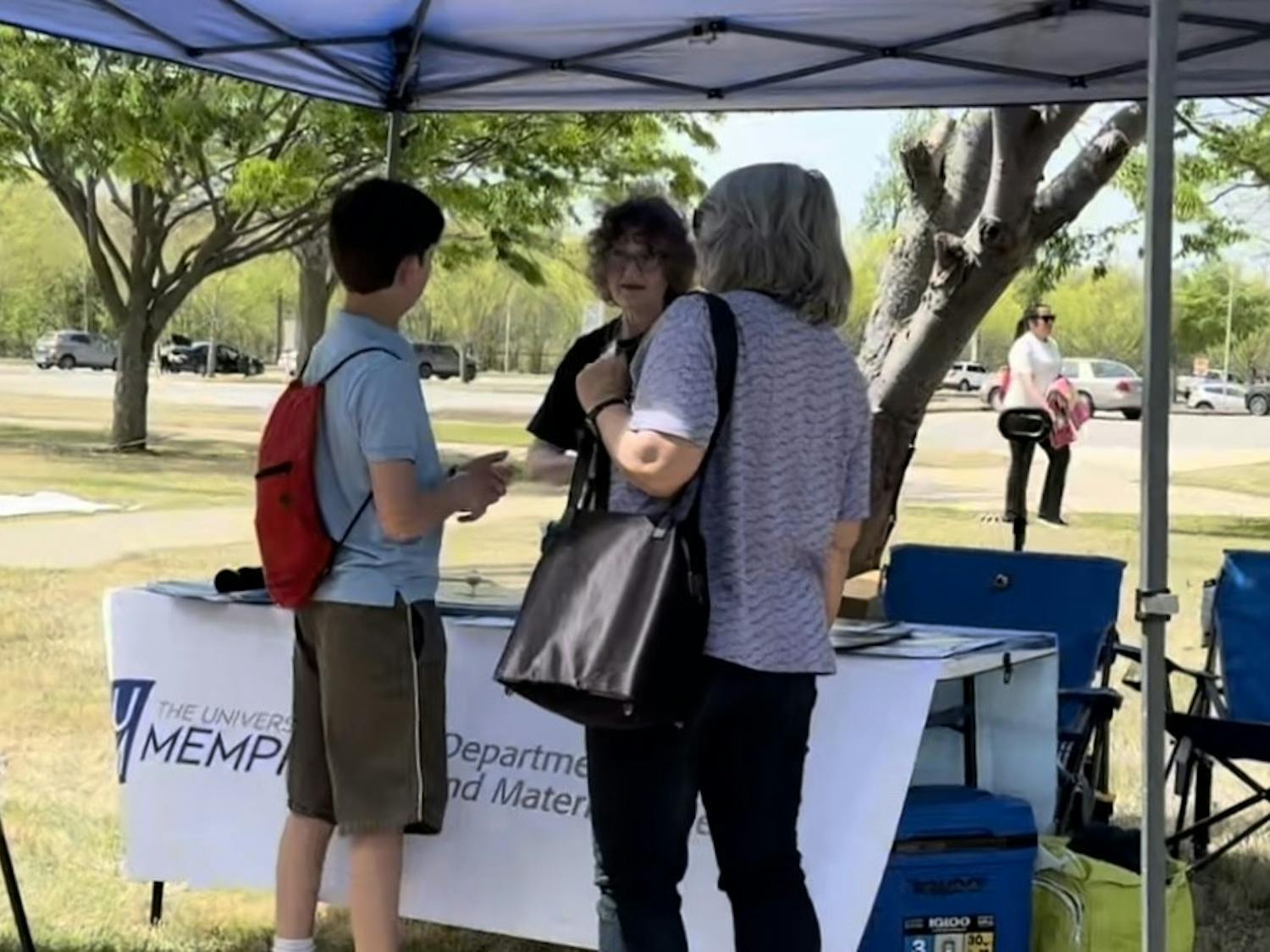Because of strict government action and significant resistance from the public, Liza Lap was frustrated with the COVID-19 situation in her home country of Slovenia.
Less than half of the Slovenian population is vaccinated, and the country has more cases of COVID-19 per one million people than the US. Lap, now a psychology major at the University of Memphis, left for the US to have a real college experience.
“I wanted to be able to continue school and practice normally without any restrictions, which were much worse at home.” she said.
Lap is not alone.
Hoping to also have as close to a regular university experience as possible, several other international students at the university said they initially wanted to attend schools in the US because they believed that its national COVID-19 policies were more relaxed than the ones in their home countries.
Anastasia Bampali, a sports science major from Greece, said the policies implemented in her home country regulating dining and public life felt divisive.
“This rule basically separated the country into two sides, and everyone should have the opportunity to eat somewhere.” Bampali said.
Compared to the University of Memphis, attending class is also more difficult there because of stricter regulations.
“In Greece you will be able to attend in person only if you are vaccinated or if you have a negative result 48 hours before you attend class,” she said.
Although 56.5 percent of the Greek population is fully vaccinated, Bampali said that the universities in there don’t offer vaccinations on campus despite the policies in place.
Greece may have tough restrictions, but they are not the only country with them.
Marietta Spannowsky, a political science and international studies major from Germany, said that the country went on lockdown in both spring and summer 2020 despite having less cases than the US at the time.
According to Johns Hopkins University, the US had more than twice as many COVID-19 cases per one million people on average.
Spannowsky actually started attending the University of Memphis in August 2019, but once the pandemic hit, she had to leave the US for five months before she was able to return.
For some Americans, the COVID-19 pandemic and how to respond to it is still one of the most polarizing issues they have faced in recent years.
Some of them have advocated for the US government to implement similar measures to Germany to combat the spread of the disease.
Most recently, the debate has centered around whether the government or private business owners should bar unvaccinated citizens from entering their buildings.
For Spannowsky and several other international students, however, the U of M has found a solution that works.
“I think the university has found a good measure here to create a real environment for learning for their students again and still protect the students,” she said.



